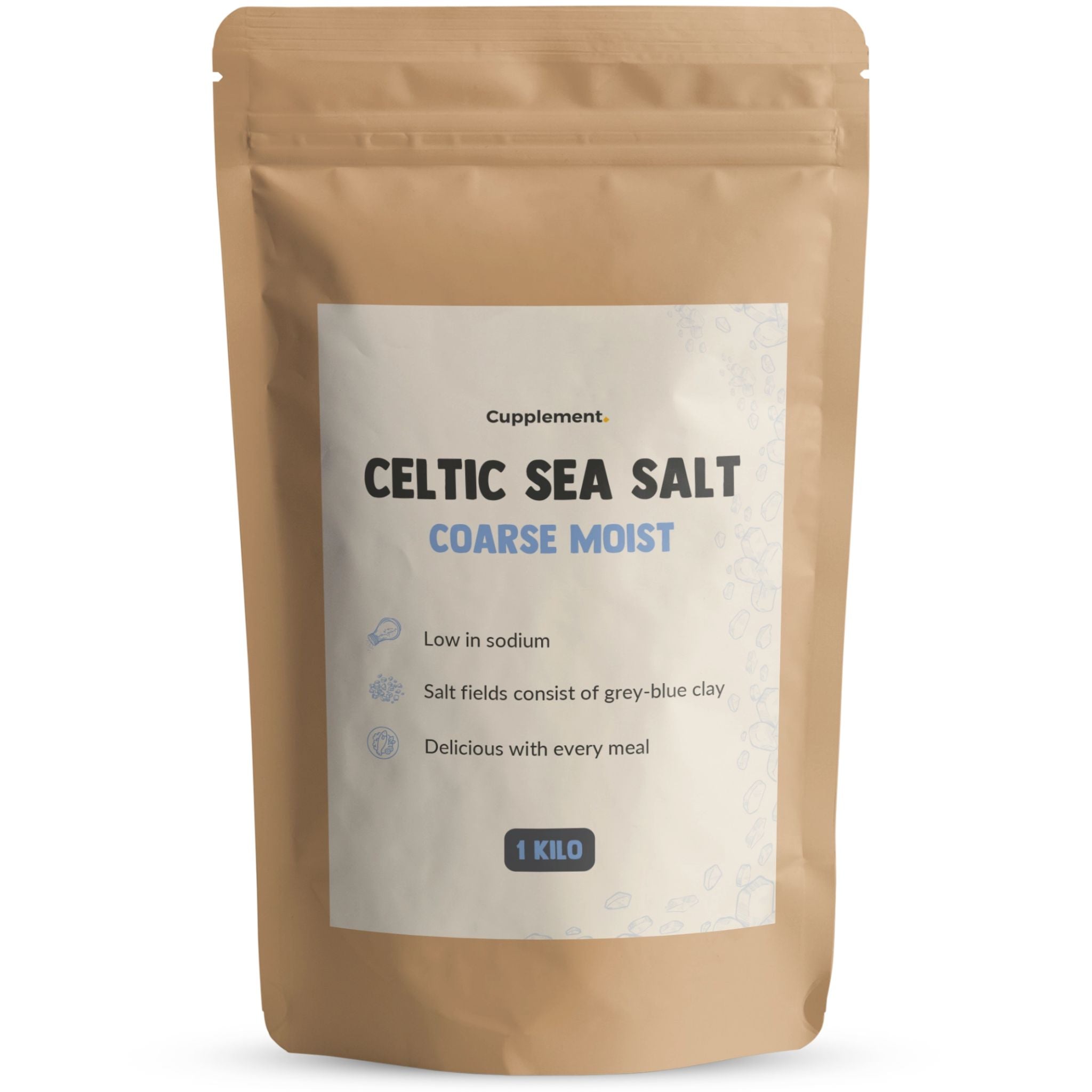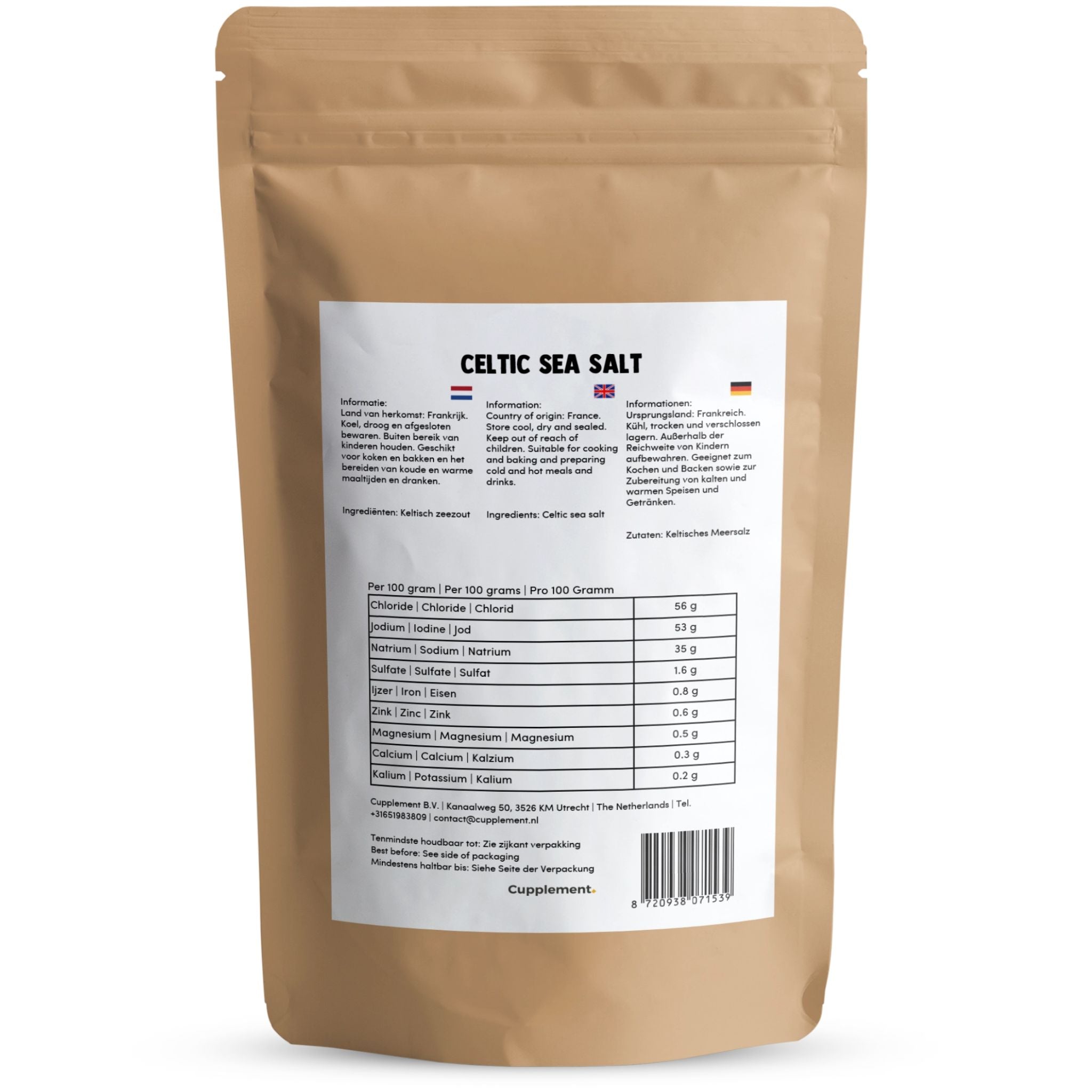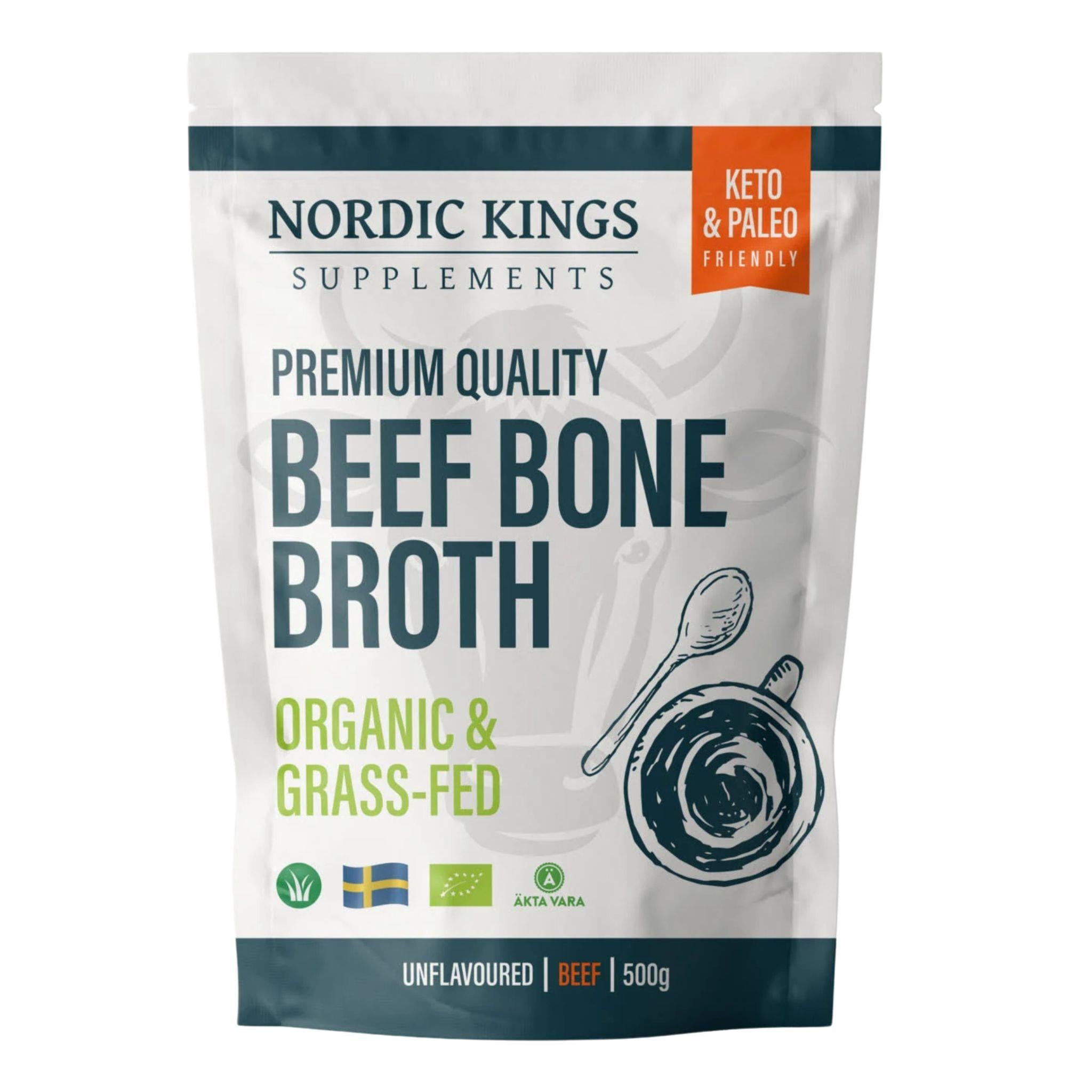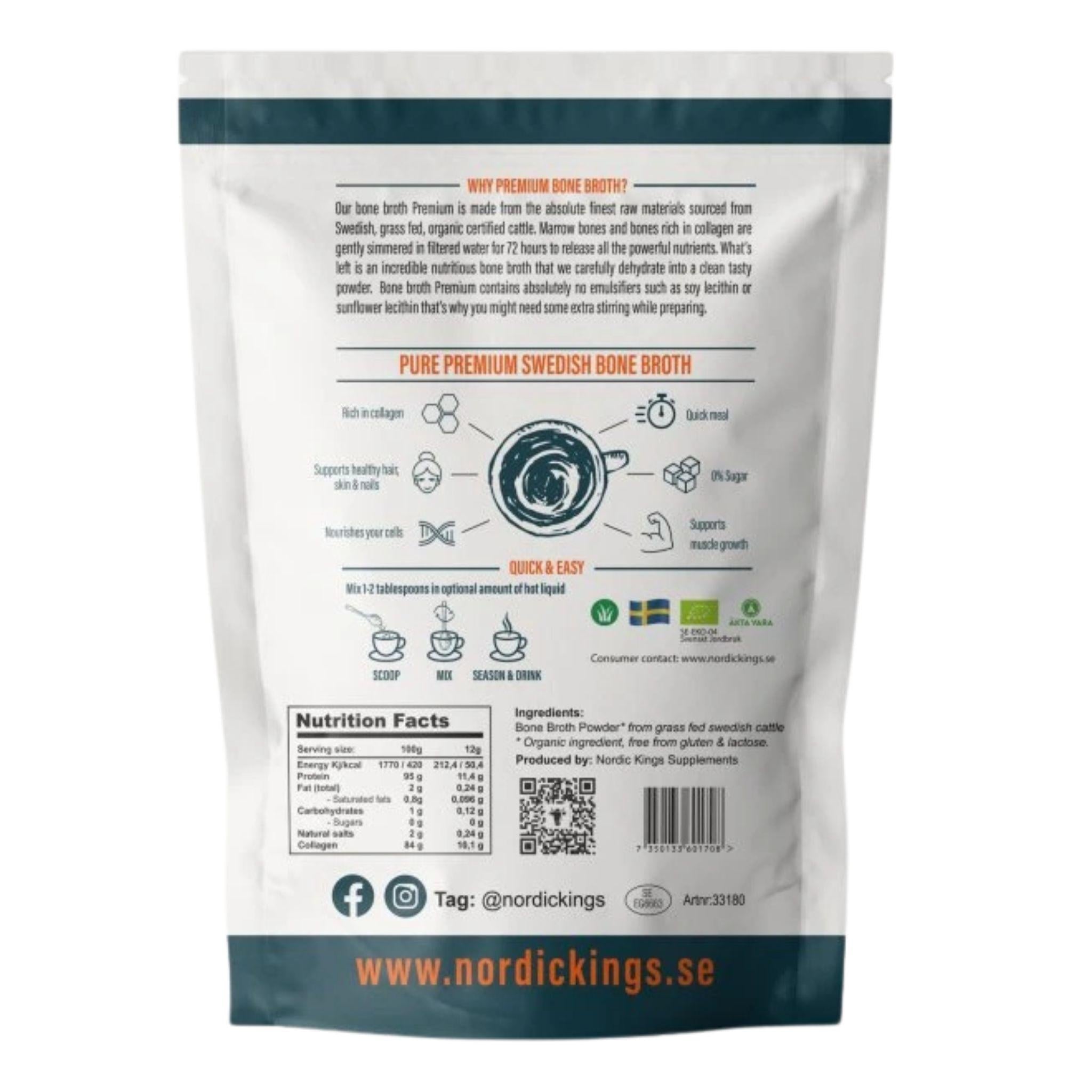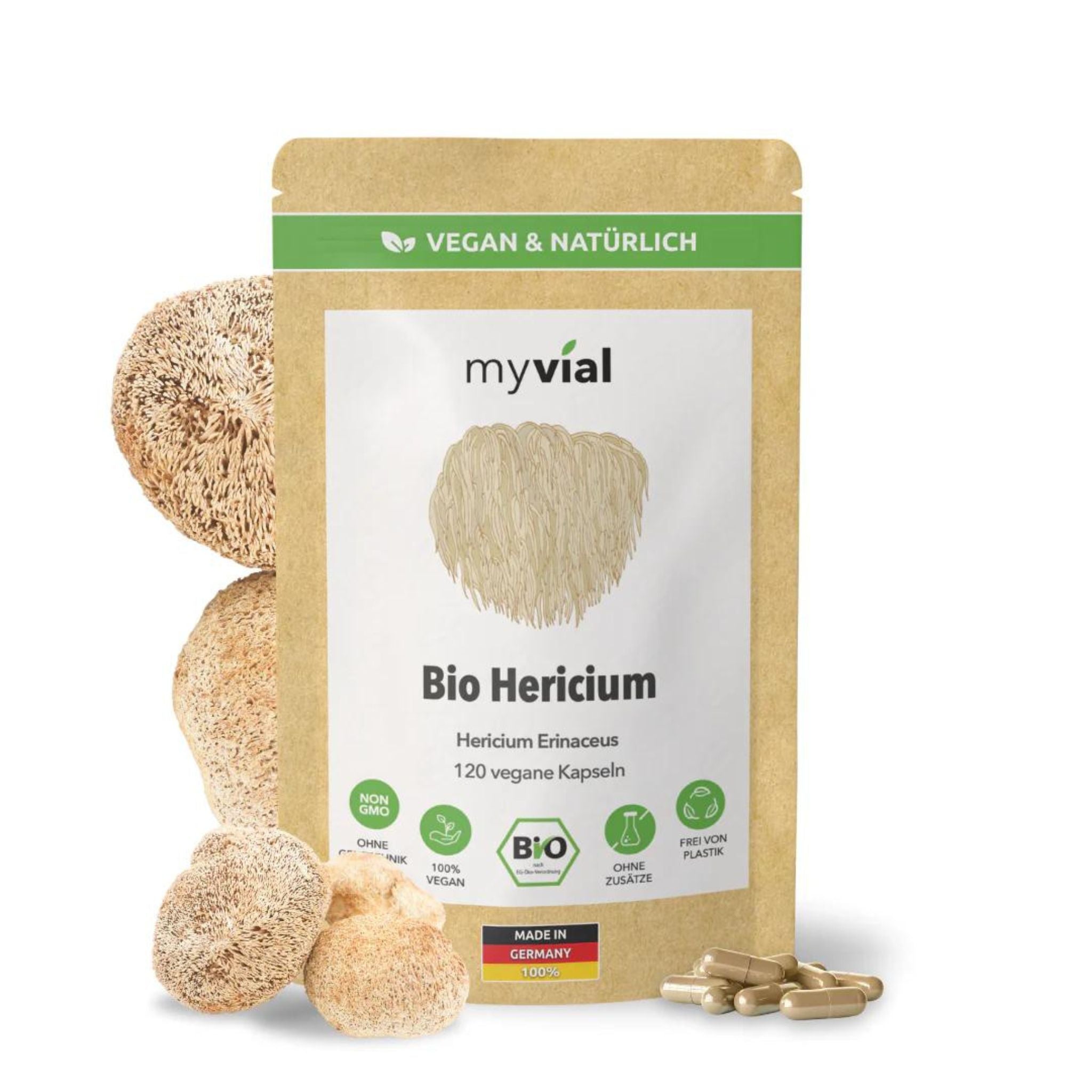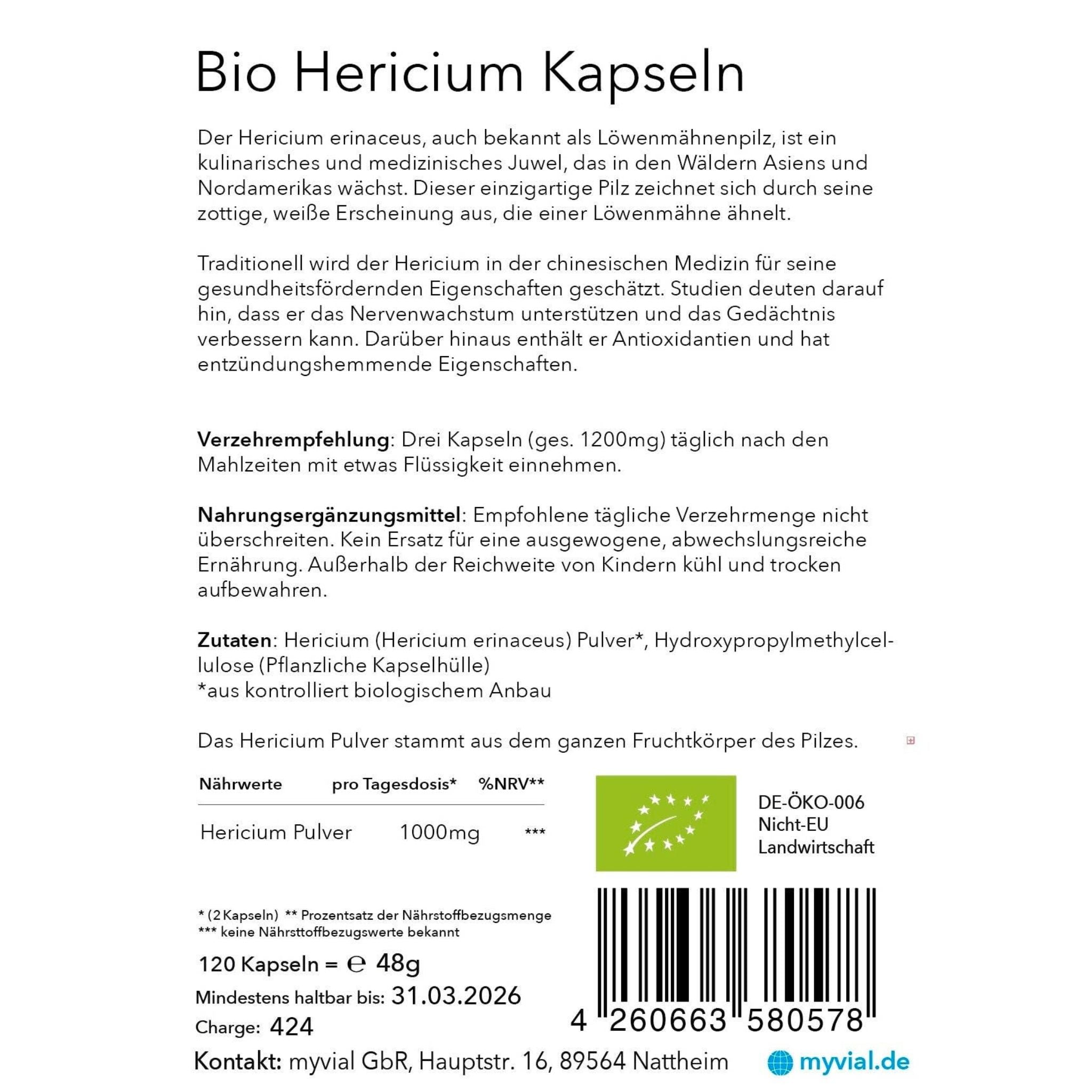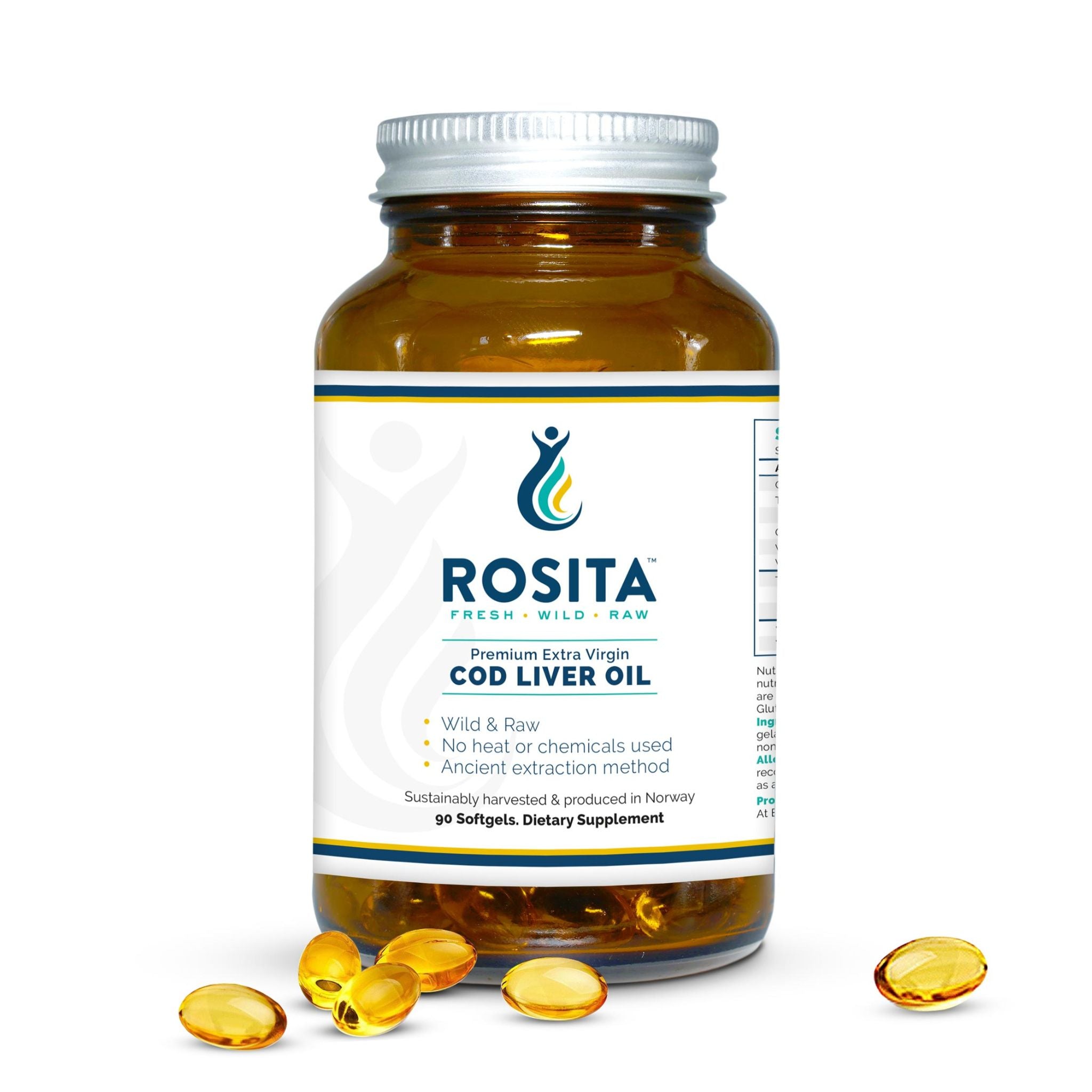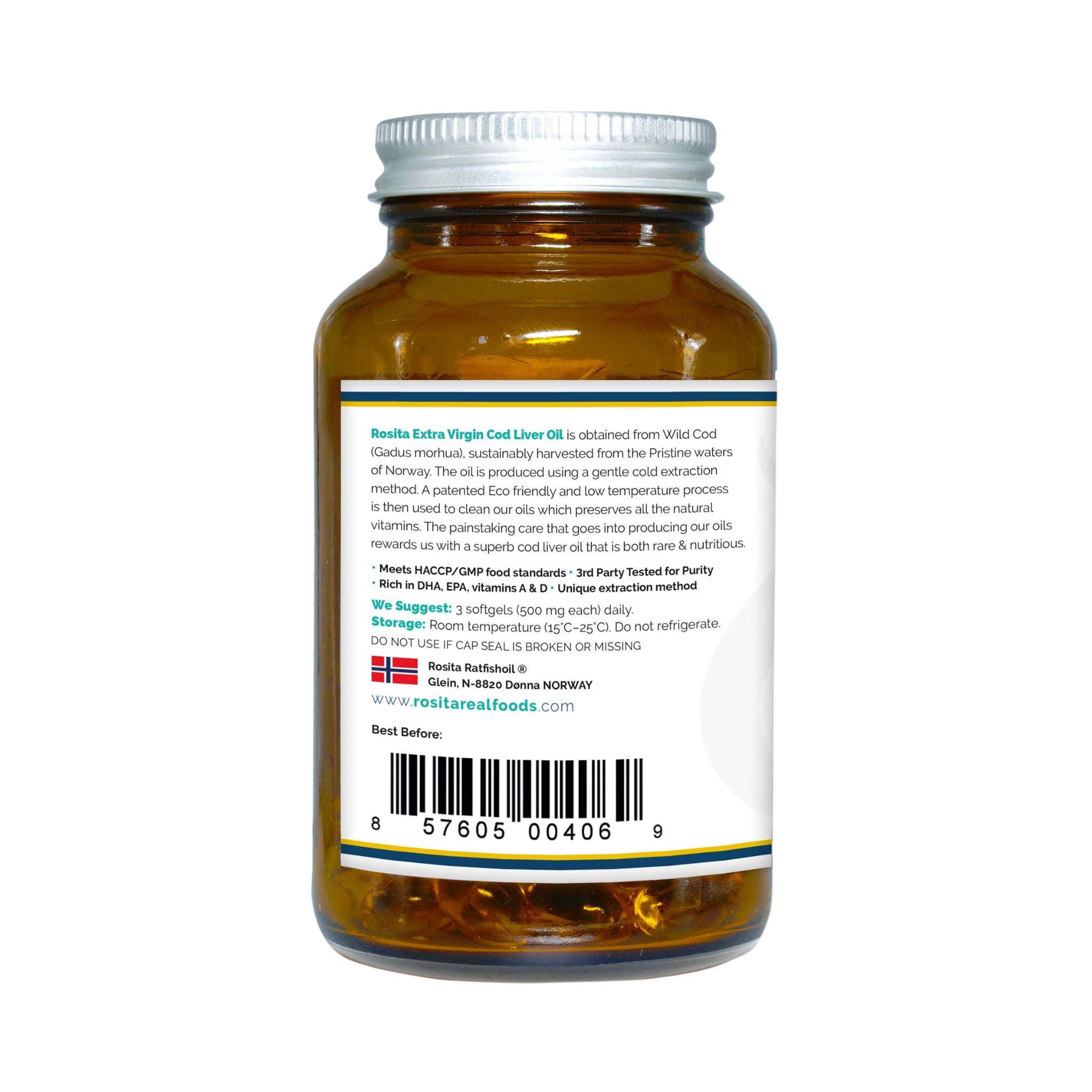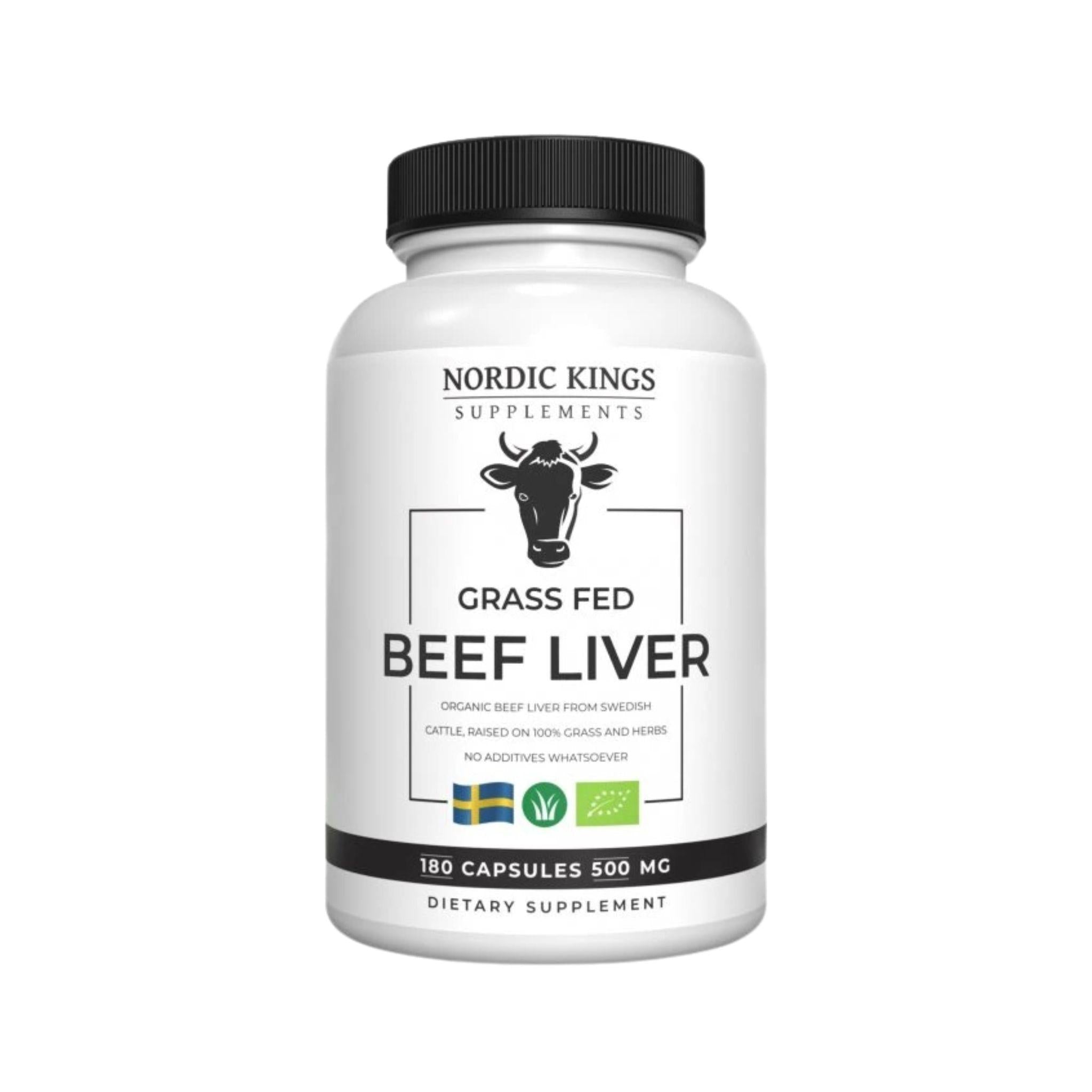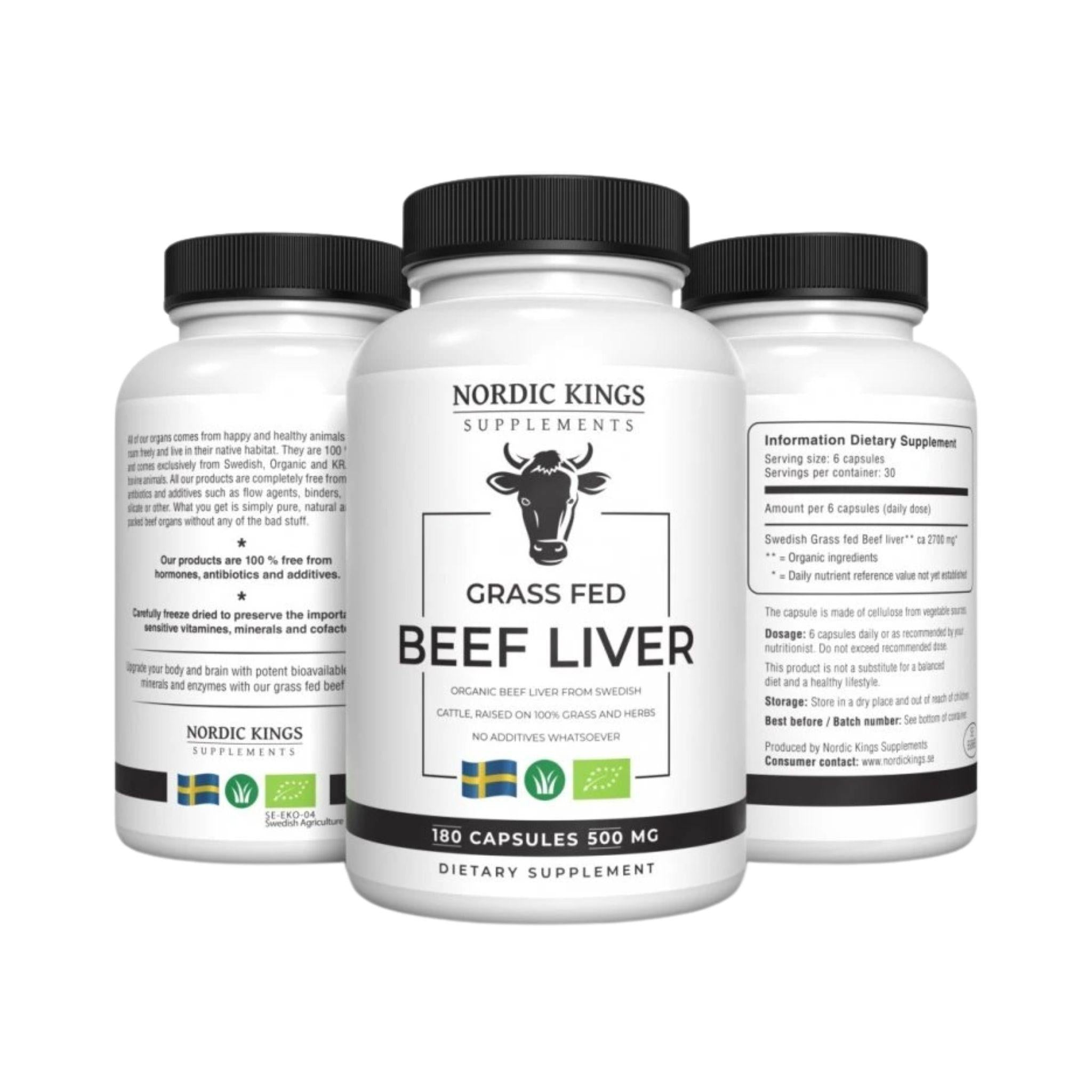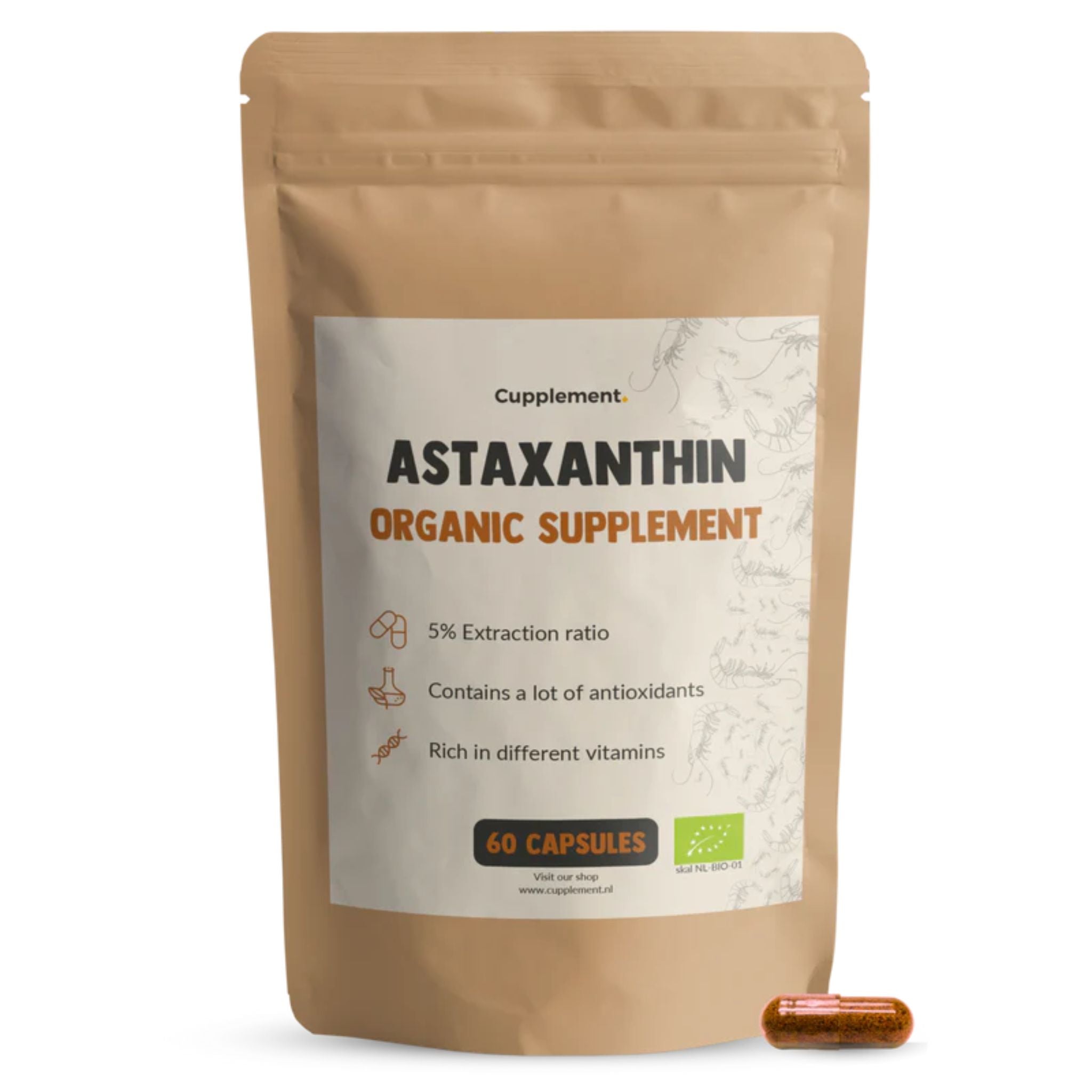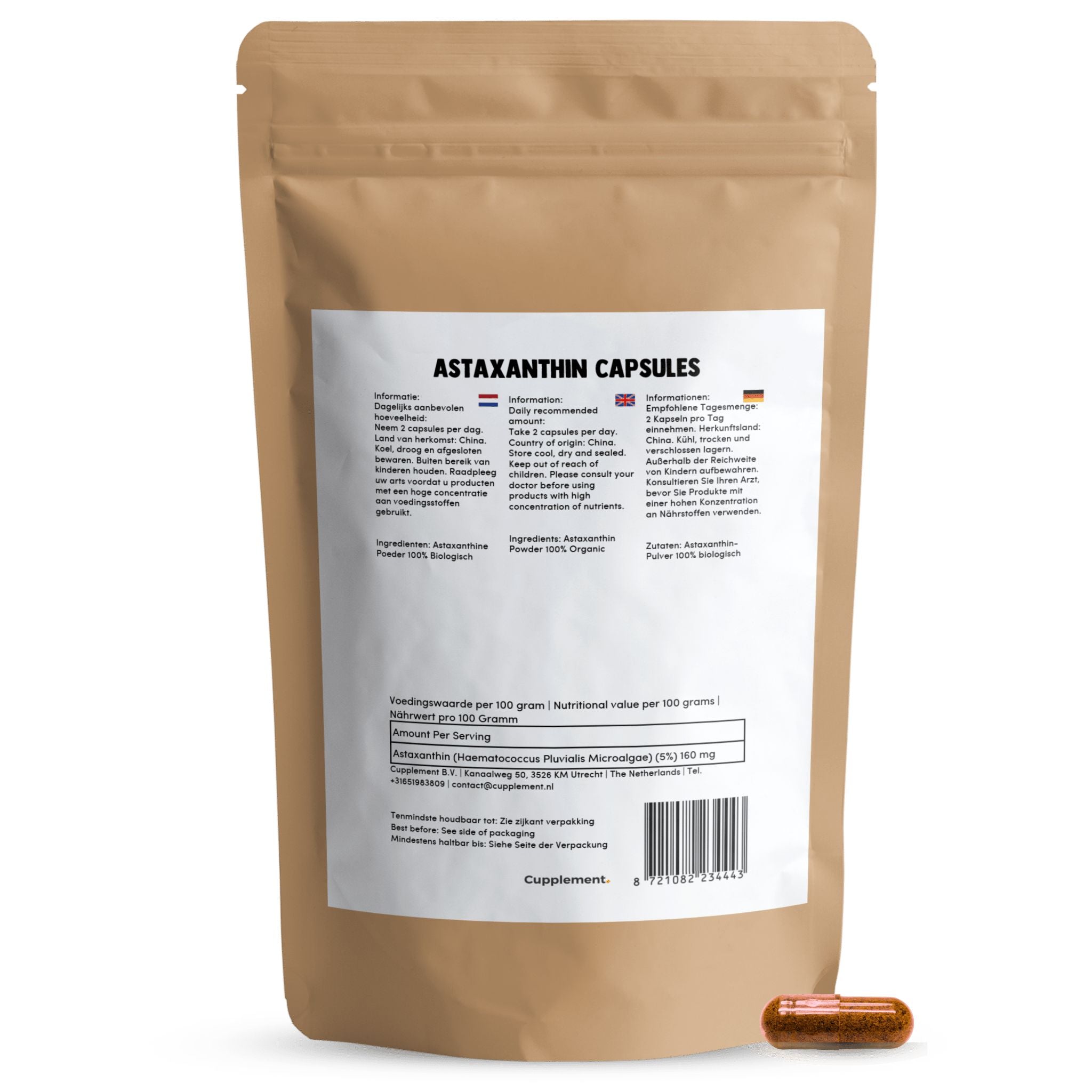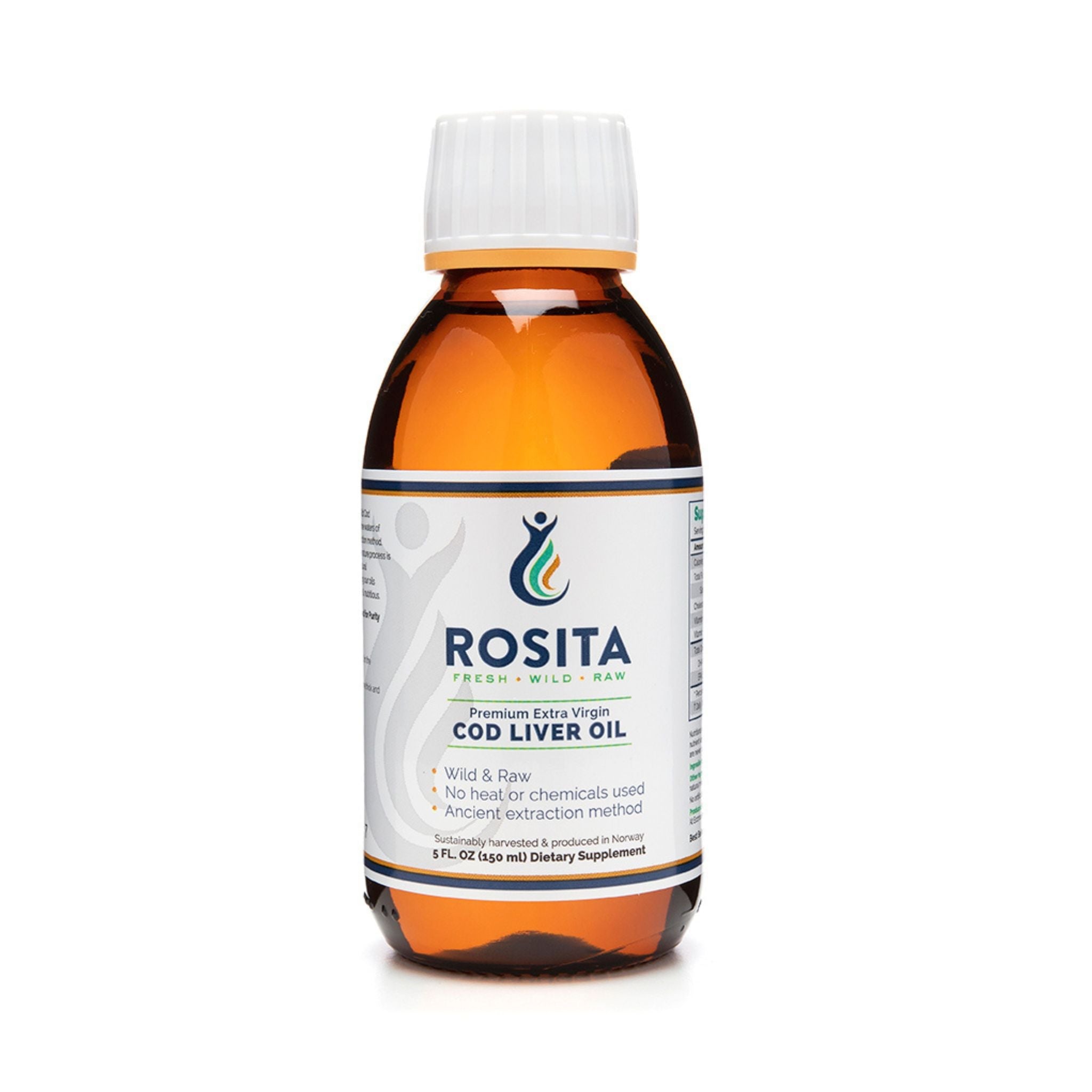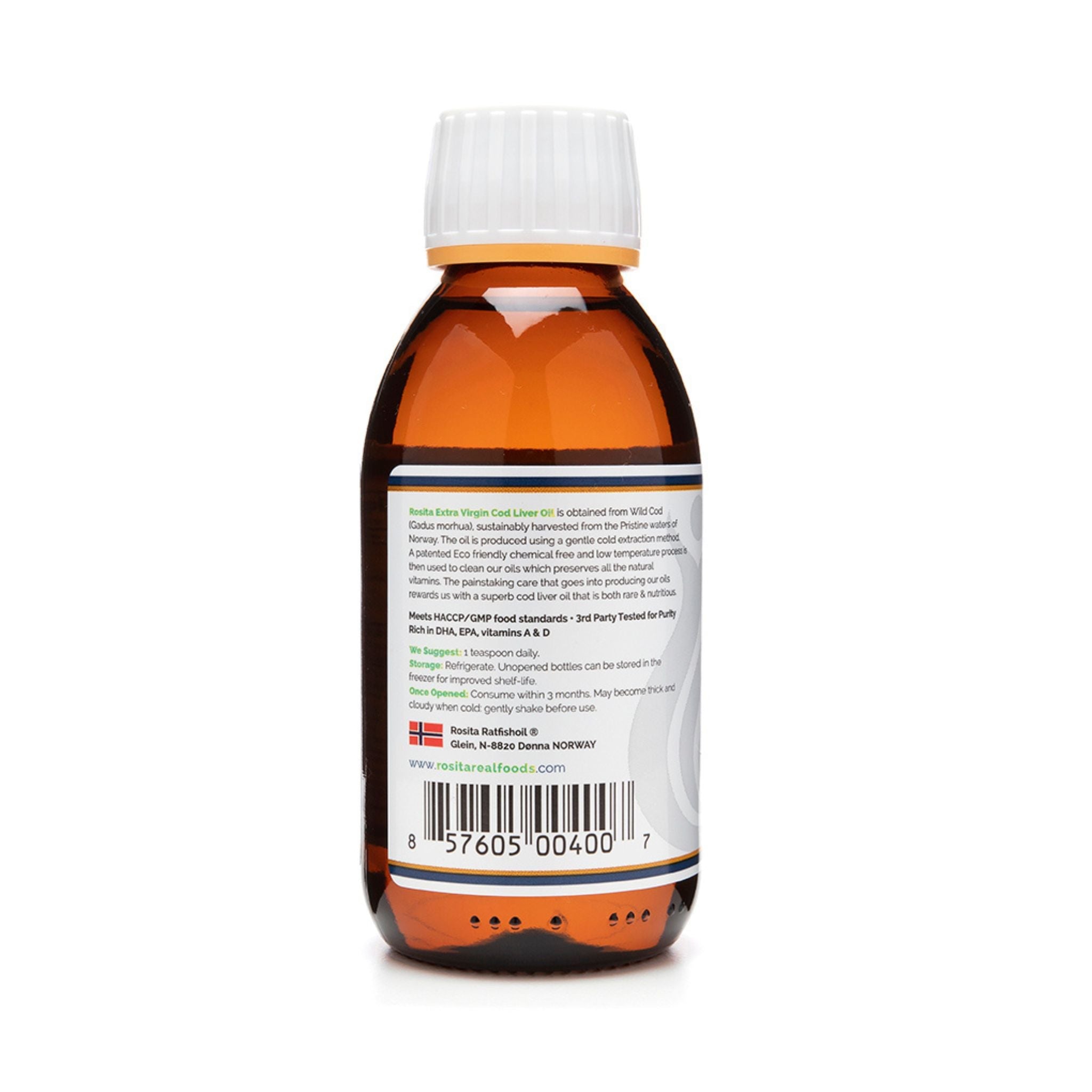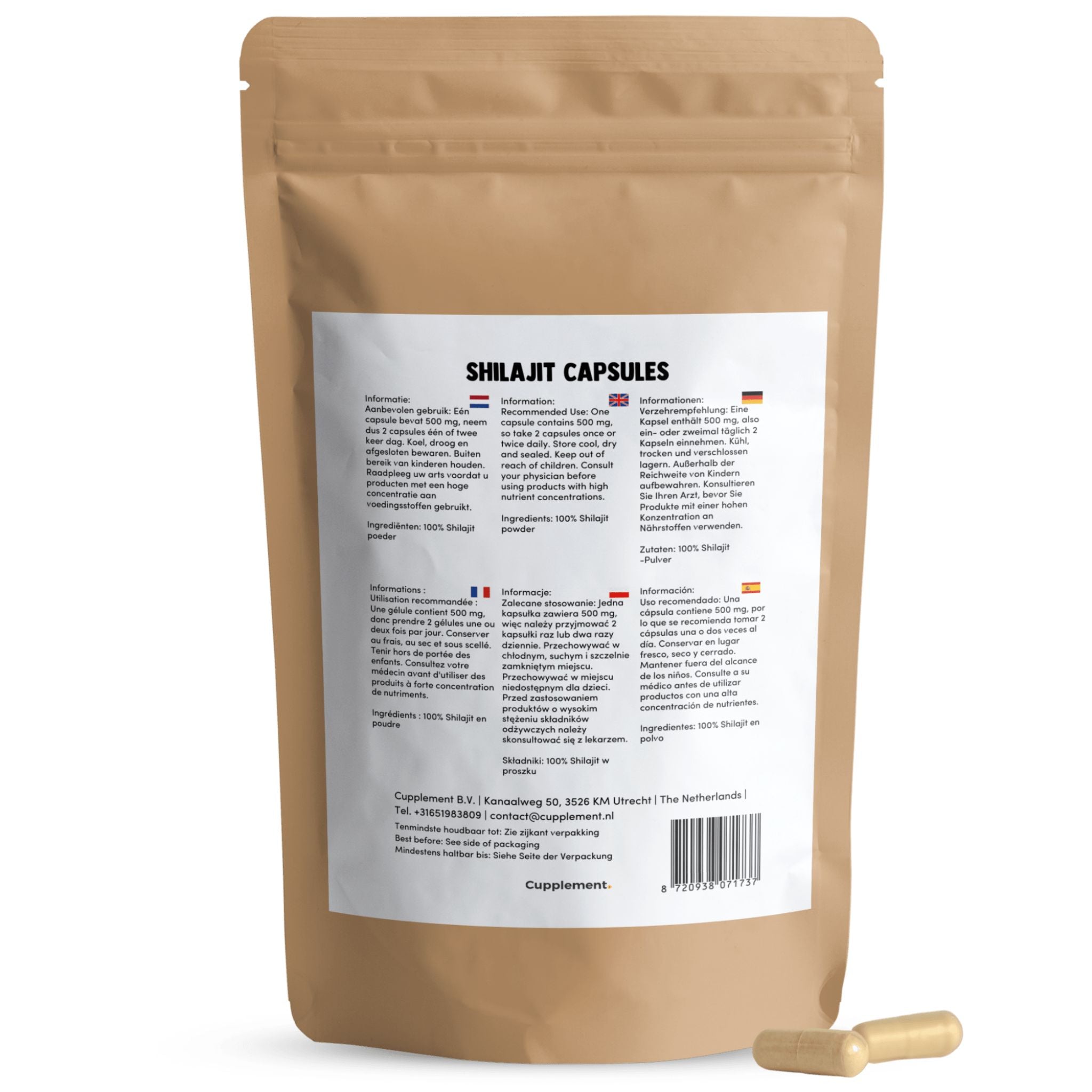In a world increasingly dominated by industrial farming practices and mass production, more and more people are looking for healthier alternatives to their diet. Organic foods and wild-harvested products have come into particular focus. But what actually makes these foods healthier and why should we prefer them? In this detailed blog post, we get to the bottom of these questions and explain the numerous benefits of organic and wild-harvested products.
1. Fewer chemicals and pesticides
A key benefit of organic food is the reduced use of chemical fertilizers and pesticides. Conventional farming often uses synthetic substances to increase crop yields and control pests. However, these chemicals can leave residues on the food that can enter our bodies and potentially be harmful to our health. Organic food, on the other hand, is grown without these synthetic chemicals, which greatly reduces the risk of residues.
Advantages in detail:
- Healthier soil: Avoiding synthetic fertilizers improves soil quality, which in the long run leads to more nutritious food. Organic farming promotes the use of compost and natural fertilizers, which make the soil more fertile and improve its structure.
- Less environmental impact: Avoiding pesticides and herbicides protects the ecosystem and promotes biodiversity. Useful insects, birds and other animals find a safe habitat in organically certified fields, which supports the natural balance.
2. Higher nutrient content
Studies have shown that organic foods tend to have higher nutrient content than conventionally grown produce. This is because the plants grow in a more natural environment and do not receive synthetic fertilizers, which speed growth but often reduce nutrient content.
Nutrients in focus:
- Vitamins and minerals: Organic fruits and vegetables often contain higher concentrations of vitamins and minerals. Studies have shown that organic tomatoes have higher levels of vitamin C and phytochemicals.
- Antioxidants: Organic products often have higher levels of antioxidants, which help protect the body from free radicals. These antioxidants play an important role in fighting chronic diseases and aging processes.
3. No genetic engineering
Another advantage of organic food is the exclusion of genetically modified organisms (GMOs). In the EU and many other countries, organic products are strictly GMO-free. Genetically modified foods are criticized because their long-term effects on health and the environment are not yet fully understood.
Advantages at a glance:
- Natural nutrition: Organic foods are free from genetic modification, which brings them closer to their original form. This means that they have grown in their natural form without being altered by genetic intervention.
- Transparency: Organic certification ensures that consumers know exactly what they are buying, with no hidden GMOs. This builds trust and gives consumers the assurance that they are consuming natural and unaltered food.
4. Advantages of wild collection
Wild-harvested products offer additional health benefits because they grow in their natural environment and thrive without human intervention. Wild-harvested plants and mushrooms are often richer in phytochemicals that are not found in the same concentrations in cultivated varieties.
Health benefits:
- Diverse nutrients: Wild plants often contain a wider range of nutrients and phytochemicals. This diversity can contribute to a more balanced diet and provide the body with a wider range of nutrients.
- Pure nature: Because they grow in the wild, they are free from synthetic chemicals and fertilizers. This means they are exposed to less environmental stress and often grow in cleaner environments.
Ecological benefits of wild collection
Wild collection also helps conserve natural habitats and promotes sustainable practices. Harvesting carefully and treating nature with respect ensures that plant populations are maintained and not overexploited. This helps preserve biodiversity and protect natural ecosystems.
5. Better taste
Many people report that organic and wild-foraged foods taste better than their conventional counterparts. This can be attributed to the higher nutrient content and natural growing conditions.
Taste experiences:
- More intense flavors: Due to the natural growing conditions, organic and wild produce develops more intense flavors. The plants can grow at their own pace and develop more flavor compounds, resulting in a richer and fuller taste.
- Freshness: Organic products are often grown and sold locally, which means shorter transport routes and therefore fresher food. Fresh food not only tastes better, but also has a higher nutritional content.
6. Supporting sustainable agriculture
Buying organic produce and wild-foraged foods supports sustainable farming practices that protect the environment and promote biodiversity. Organic farmers use crop rotation, composting and other environmentally friendly techniques to keep their fields healthy.
Focus on sustainability:
- Preservation of biodiversity: Organic farming promotes biodiversity by growing a variety of plant species and avoiding monocultures. This contributes to the stability and health of ecosystems and helps reduce the risk of pests and diseases.
- Environmental protection: Sustainable farming practices reduce environmental impact and help conserve natural resources. This includes protecting water sources, reducing soil erosion and reducing greenhouse gas emissions by avoiding synthetic chemicals and intensive farming practices.
7. Health benefits for humans
Choosing organic and wild-foraged produce can also have direct health benefits for humans. In addition to higher nutrient content and lower exposure to chemicals and pesticides, these foods can help promote overall well-being and reduce the risk of chronic disease.
Advantages at a glance:
- Better digestion: Organic foods often contain more fiber and fewer artificial additives, which supports digestion and promotes intestinal health.
- Fewer allergies and intolerances: Avoiding synthetic chemicals and GMOs can reduce the risk of allergies and food intolerances. Many people report that they tolerate organic products better than conventional foods.
- Strengthening the immune system: The higher content of vitamins, minerals and antioxidants in organic foods can strengthen the immune system and improve the body's defenses.
8. Economic and social benefits
Buying organic and wild-harvested products can also have positive economic and social impacts. Organic farming creates jobs, boosts local economies and contributes to rural development.
Advantages in detail:
- Supporting small businesses: Organic farming is often done by smaller, family-run farms. By purchasing their products, consumers support these small businesses and help preserve traditional farming practices.
- Fair trade: Organic products are often also fairly traded, which means that farmers are paid fairly and work under better working conditions. This contributes to social justice and improving the living conditions of farmers and their families.
Conclusion
Organic and wild-foraged foods offer numerous health and environmental benefits. They contain fewer harmful chemicals, are more nutrient-rich, are non-GMO, and support sustainable farming practices. They also often taste better and help preserve the natural environment. By choosing organic and wild-foraged foods, we are not only doing our health a favor, but also helping to protect our planet. Conscious consumption of such products promotes sustainable farming, supports local farmers, and helps preserve biodiversity and the health of our planet.




